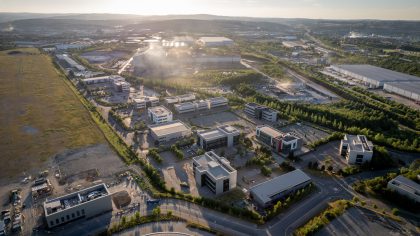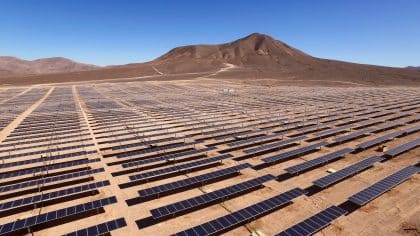All information in the datasheets is also available in ESDL (Energy System Description Language). You can find them in the Energy Data Repository (EDR).
Electric industrial boiler
There are several types of commercially available industrial electric boiler systems. The most common are:
- Using an electric heating element that acts as a resistance (electric boiler)
- Using the conductive and resistive properties of the water itself to carry electric current (electrode boiler)
There are also infrared- and induction boilers available, but they are small-scale and not commonly available.
Electric boilers and electrode boilers mainly apply to utility-related processes (hot water and steam production). The implementation threshold is perceived as relatively low, as it does not require a complete redesign of primary processes (Berenschot, Matters, Delft, & Matters, 2017). Because of the working principle, electric boilers have lower thermal capacities than electrode boilers. Typical capacities of electric boilers are up to 5 MWe, whereas electrode boilers have capacities from 3 MWe up to 70 MWe.
Superheated steam with temperatures of up to 350°C and >70 bar can be produced with commercially available electric/electrode boilers (capacities of up to 70 MWe). Advantages of this technology are the following (Berenschot, Matters, Delft, & Matters, 2017; Berenschot, Delft, & ISPT, Power to products, 2015):
- An efficiency of up to 95-99.9%
- Robust
- Can be used as flexible capacity (at times of low electricity prices or as stand-by capacity for gas-fired boilers).
Industrial electric boilers are a drop-in solution for steam production. They are implemented on-site at industrial plants where they heat a fluid (typically water for steam production) and require no primary process alterations (Berenschot, Matters, Delft, & Matters, 2017).
Examples of electrode boiler manufactures and suppliers are PARAT, Vapor Power, Vapec, Allmech, Zander & Ingestrom, BVA Electrokessel.
Examples of electric element boiler manufacturers and suppliers are PARAT, Vapor Power, AB&Co, Danstoker (Thermax) ATTSU, Lattner.
Downloads
Electric industrial boilerGerelateerde publicaties

Industriële vraagrespons: groot potentieel, beperkte operationele inzetbaarheid
Wat industriële vraagrespons wel en niet kan betekenen voor leveringszekerheid richting 2030

Flexibiliteit op bedrijventerreinen
Een toekomstverkenning van het potentieel van energieassets

Kosten hernieuwbare energie verrassend vergelijkbaar voor Nederlandse en Saoedi-Arabische industrie
Comparison of future cost of renewable energy between regions